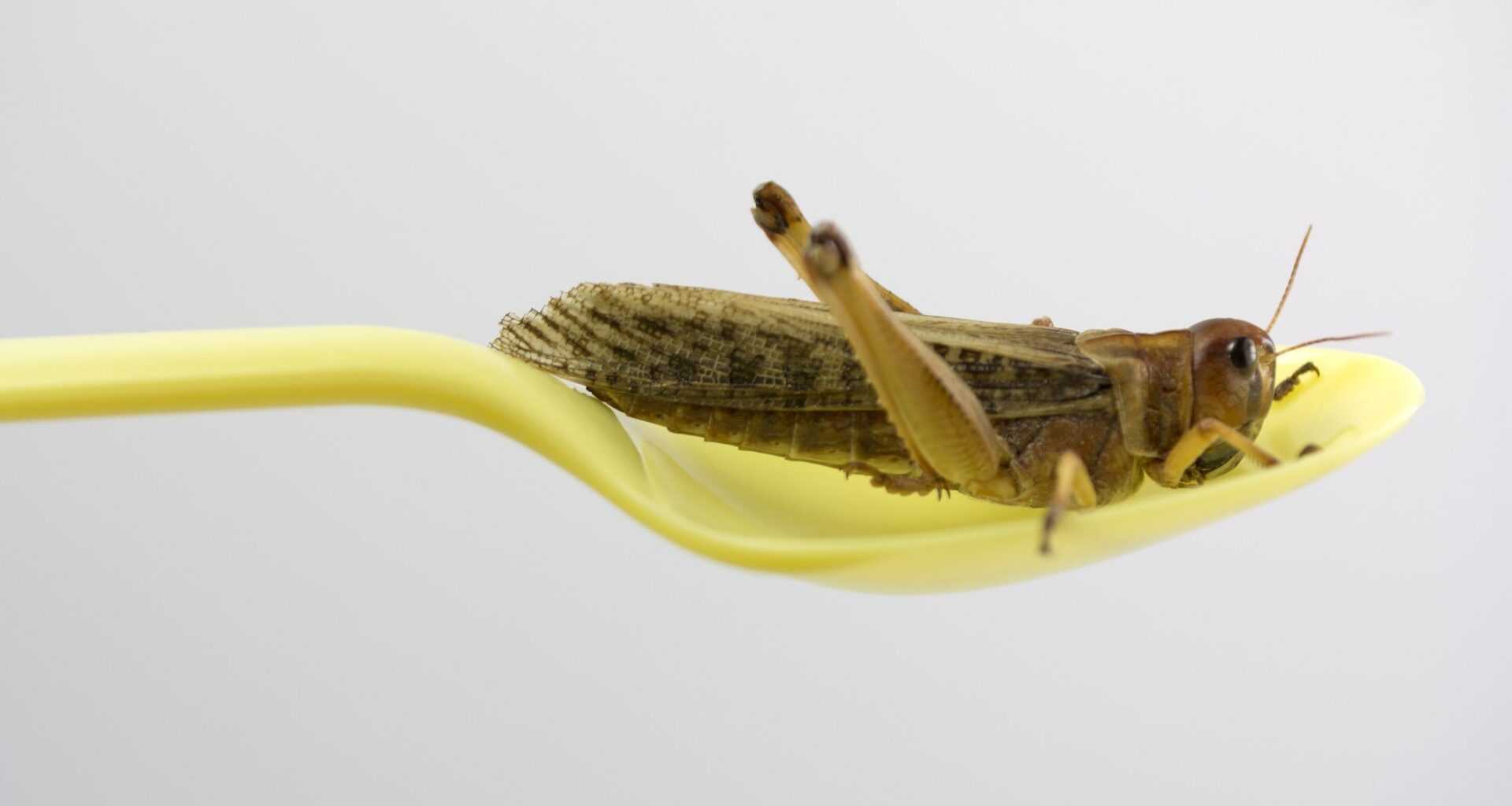The EU is not asking food producers to add insects to flour or baked goods – yet several groups in Slovakia and Czechia are loudly rejecting it, responding to a persistent conspiracy theory.
Claims that Brussels is mandating bugs in everyday food have long circulated in Slovak disinformation networks. The myth resurfaced again in spring 2025, when the Slovak Union of Bakers, Confectioners and Pasta Makers adopted a resolution “absolutely rejecting any addition of insects to their products.”
They said they were reacting to an EU decision authorising the use of powdered mealworm larvae in food. “If someone wants to eat ground worms, they should buy products from Western Europe. You won’t find such ingredients in Slovak goods,” said Milan Lapšanský, the union’s executive director.
Slovakia’s ruling far right SNS party quickly joined in, even proposing a law in May requiring foods containing insects to be clearly labelled in shops.
A cross-border hoax
The same narrative has appeared in Czechia. Politicians from the far-right SPD party, along with former prime minister and ANO leader Andrej Babiš, have portrayed insect protein as a threat to traditional diets.
The first wave of Czech criticism came in 2023, when the EU authorised the use of insect-based ingredients in food. Eurosceptics spun this as an attempt by Brussels to secretly replace traditional meals with bugs.
“They say that in twenty years there’ll be no normal food left. No cattle. We’ll be eating larvae,” Babiš warned during a CNN Prima NEWS broadcast, framing it as a consequence of the EU’s green agenda.
Babiš’s remarks drew criticism from political opponents – especially since some companies in his Agrofert holding use food colouring derived from insects.
SPD leader Tomio Okamura also joined the chorus, claiming at a press conference that the EU was sneaking insects into food products. The party has continued this campaign in 2025.
Despite the noise from politicians, Czech food industry representatives have not echoed these concerns.
Debunking the myth
While it’s true that the European Commission sees insects as a promising source of protein for food and agriculture, it is not forcing anyone to use them.
Proponents of the hoax often cite the EU’s Farm to Fork strategy, falsely claiming it mandates replacing meat with insects.
In reality, the word “insects” appears just three times in the strategy – and none of the references impose any obligations.
Another source of confusion is the EU’s Novel Food regulation, under which seven insect-based products have been approved in recent years.
These approvals are voluntary – producers can choose to use insect protein, but no one is required to, including bakers and millers.
Is insect consumption dangerous?
Another common falsehood is that eating insects causes allergies or even cancer. There’s no evidence for this.
Hundreds of millions of people around the world include insects in their daily diets. Scientific studies also confirm their safety.
“Insect proteins, once the exoskeleton is removed, are almost 100% digestible. So insects definitely shouldn’t be considered carcinogenic,” a scientist Eva Ivanišová of the Slovak University of Agriculture in Nitra told Euractiv Slovakia.
The EU also has some of the strictest food safety rules in the world. Every product must first be approved by the European Food Safety Authority before it’s allowed on the market.
